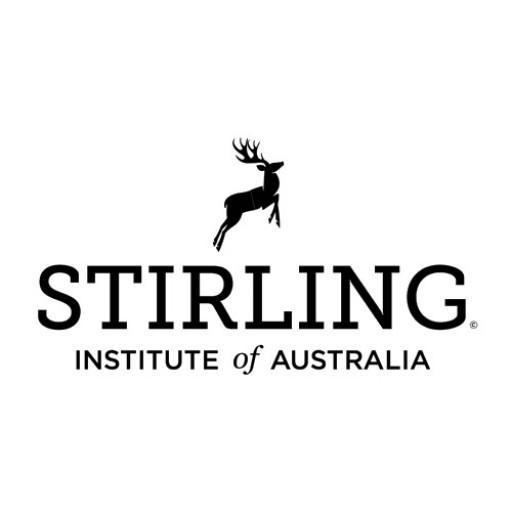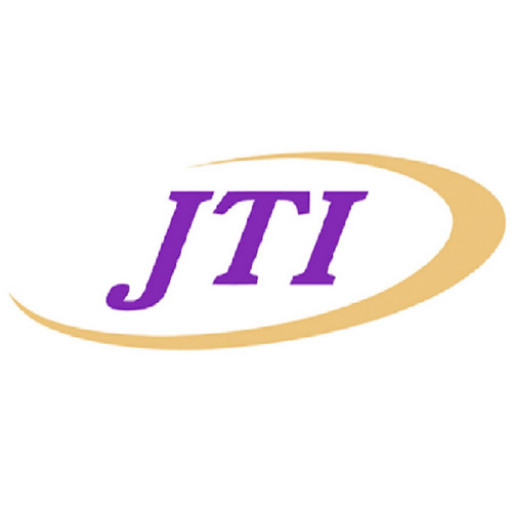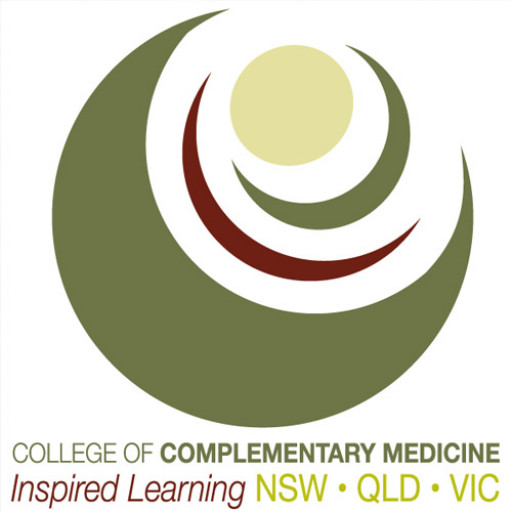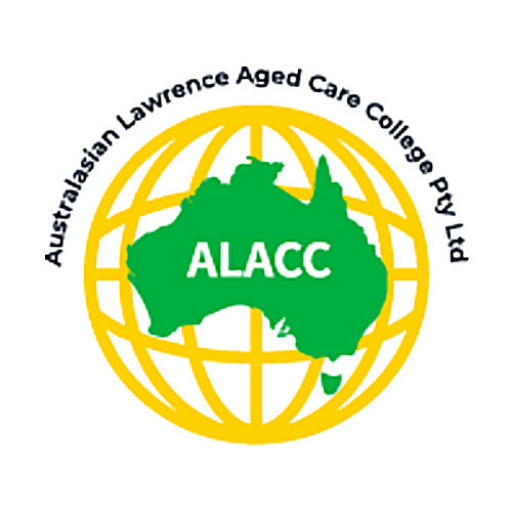This qualification reflects the role of workers that provide services to clients in regard to mental health issues. They are able to offer counselling, referral, advocacy and education/health pro-motion services.These workers have to have top level specialist knowledge, skills and competencies notably in regard to laws affecting individuals with mental health issues, the selection of services offered in their mind and health problems related to mental health. To achieve this qualification, the candidate will need to have completed at least 160 hours of work as detailed in the Assessment Prerequisites of components of competency.No licensing, legislative, and regulatory or certification requirements apply to this eligibility at the time of book.
Program content: The Bachelor of Mental Health at Stirling Institute of Australia Pty Ltd is designed to provide students with a comprehensive understanding of mental health issues, their causes, and effective treatment methods. The program covers a wide range of topics, including psychological theories, counseling techniques, mental health assessment, and intervention strategies. Students are introduced to the biological, psychological, and social factors that influence mental health and are equipped with the skills necessary to support individuals experiencing mental health challenges. The curriculum integrates practical training with theoretical knowledge, enabling students to develop essential competencies for working in various mental health settings. Throughout their studies, students will explore topics such as depression, anxiety disorders, trauma, addiction, and mental health policy and advocacy. They will also gain experience through supervised practicums, working closely with mental health professionals to apply their learning in real-world environments. The program emphasizes the importance of cultural competence, ethical practice, and patient-centered care, ensuring graduates are prepared to work with diverse populations. Upon completing the Bachelor of Mental Health, students will be prepared for employment in roles such as mental health support worker, case manager, or counselor, or they may choose to pursue further postgraduate studies in related fields. The program aims to foster empathetic, knowledgeable, and skilled professionals who can contribute positively to mental health and well-being within their communities.
Admission requirements typically include a completed application form, proof of prior education such as high school completion or equivalent, and may require a statement of purpose or personal statement outlining your interest in mental health. Applicants are often required to submit academic transcripts demonstrating their background in relevant subjects, such as psychology, biology, or social sciences. English language proficiency tests like IELTS or TOEFL scores are generally necessary for international students to ensure they can understand and communicate effectively in an academic setting. Additionally, some programs may request letters of recommendation from teachers or professionals who can attest to the applicant's suitability for the field of mental health. Work experience or volunteer work in related settings can be advantageous but is usually not mandatory. The program may also have specific prerequisites or foundational coursework that applicants need to have completed prior to admission. Once enrolled, students are expected to participate in both theoretical coursework and practical training, including placements or internships, which are integral to gaining real-world experience in mental health services. There are usually academic progression standards that students must meet, such as maintaining a minimum GPA, to continue the program successfully. Special requirements such as background checks or health screenings might be needed, especially if the program involves direct contact with vulnerable populations. The duration of the programme typically spans over three years for an undergraduate degree, with options for part-time study. Entry pathways sometimes include bridging modules for students coming from different educational backgrounds. Overall, the programme aims to equip students with comprehensive knowledge and skills in mental health assessment, intervention, and research, preparing graduates for diverse roles within mental health services, community support, and healthcare settings.
There is no specific information available about the financing studies for the Mental Health program at the Stirling Institute of Australia Pty Ltd. Generally, students enrolled in higher education programs in Australia may access various funding options, including Commonwealth supported places, student loans such as the HECS-HELP system, Scholarships, and Private financing. Commonwealth supported places often reduce the financial burden for domestic students, allowing them to pay only a student contribution amount subsidized by the government. International students typically pay full tuition fees, which can vary depending on the program and institution. Scholarships may be available based on merit or need, and students are encouraged to consult the university's official website or contact the admissions office for specific scholarship opportunities related to the Mental Health program. Additionally, students can explore external funding options, including private loans, grants, or sponsorships. It is advisable for prospective students to prepare a detailed financial plan that considers tuition fees, living expenses, insurance, and other associated costs of studying in Australia. The university may also offer specific financial aid packages or payment plans to make education more accessible. International students should also consider currency exchange rates and potential additional costs such as visa fees, health insurance (OSHC), and travel expenses. For detailed, current information regarding financing options, eligibility criteria, and application procedures, students are recommended to contact the Stirling Institute of Australia Pty Ltd directly or visit their official website. Preparing a comprehensive financial plan is essential for managing the costs associated with completing the Mental Health program.
The Stirling Institute of Australia Pty Ltd offers a comprehensive program focused on Mental Health, designed to equip students with the essential knowledge, skills, and practical experience needed to address various mental health issues within diverse populations. The program emphasizes a multidisciplinary approach, integrating theories and practices from psychology, counseling, social work, and healthcare to prepare graduates for effective intervention and support roles.
Throughout the course, students explore key topics such as the biological and psychological foundations of mental health, common mental disorders including anxiety, depression, schizophrenia, bipolar disorder, and substance abuse problems. The curriculum also covers assessment techniques, diagnostic procedures, and evidence-based treatment modalities. Critical areas such as crisis intervention, trauma response, recovery processes, and ethical considerations in mental health services are given significant attention to ensure comprehensive training.
Furthermore, the program emphasizes cultural competence, recognizing the importance of understanding diverse backgrounds and needs in mental health care. Students gain hands-on experience through supervised practicum placements, which are designed to enhance practical skills, build confidence, and facilitate real-world application of theoretical knowledge. These placements often involve working with clients in clinical settings, community outreach programs, or mental health organizations, providing invaluable insights into the challenges and rewards of the profession.
In addition to core coursework, students are encouraged to engage in research projects, seminars, and workshops to stay current with emerging trends, innovative therapies, and policy developments in mental health. The program aims to foster critical thinking, empathy, effective communication, and ethical professionalism among its students.
Graduates from this program will be well-prepared to pursue careers in mental health counseling, community mental health services, crisis support, advocacy, and further specialization in clinical psychology or social work. The Stirling Institute of Australia Pty Ltd ensures all training adheres to national standards and best practices, with qualified instructors who are experts in their fields.
Overall, the program is designed to promote mental health awareness, reduce stigma, and improve service delivery within the community, making a meaningful difference in individuals' lives through committed and informed mental health practitioners.








